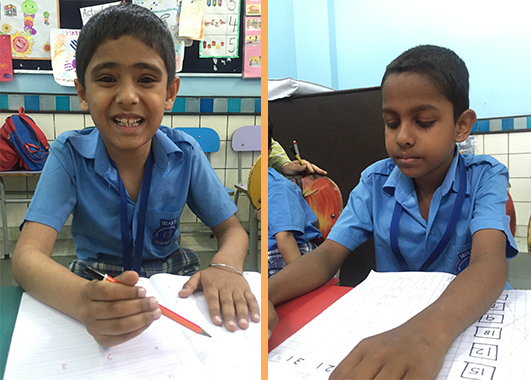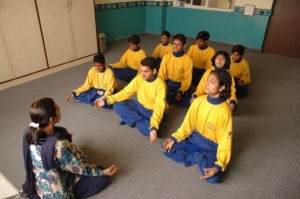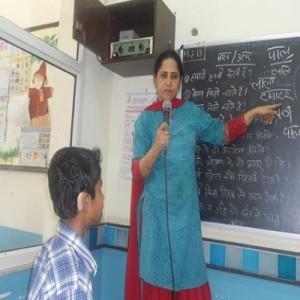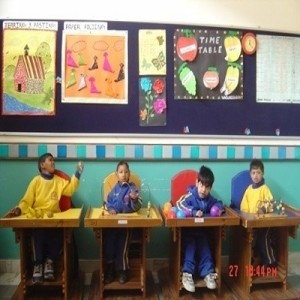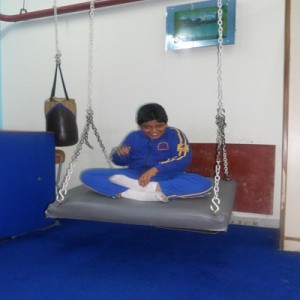Know the Signs of Autism
In order to cure any problem, it is important to first actually know that there is a problem.
Unlike most other mental problems, Autism is not a disease that could be easily treated with medicine. It is a neurodevelopmental disorder characterized by social impairments, cognitive impairments, communication difficulties and repetitive behaviour.
As a parent, nobody wishes for their little one to have any problem but sometimes, in the rush of our lives we often miss out many important things that could actually mean a lot. Such happens in the case of Autism and catching it ideally by the age of eighteen months can make a huge difference and starting early treatment can reduce the disorder’s effects and help your child learn, grow, and thrive.
Autism appears in infancy or early childhood, but can only be diagnosed by a professional until the child is over twenty four months or two years. However, there are signs that could indicate that the child is on the spectrum as early as six months of age.
Every child is unique, so is their rate of development. Hence, the signs and the severity of the symptoms can vary from child to child.
One important thing that parents should look out for is that autism isn’t recognized by the presence of strange behaviour, but from lack of normal behavior. Also some children with autism may appear normal before age 1 or 2 and suddenly “regress” afterwards losing any language or social skills they had previously gained. This is called the regressive type of autism.
Following are some early signs of Autism you must look out for and if your child exhibits any of the following then do not delay in asking your pediatrician or family doctor for an evaluation—
● No smile or warm joyful expressions by six months or thereafter
● No back-and-forth sharing of sounds, smiles or other facial expressions by nine months
● No babbling by 12 months
● No back-and-forth gestures such as pointing, showing, reaching or waving by 12 months
● No words by 16 months
● Doesn’t make noises to get your attention
● Never initiates or respond to cuddling or reach out to be picked up
● No meaningful, two-word phrases (not including imitating or repeating) by 24 months
● Loss of speech, babbling or social skills at any age
● No response to their name (the child may appear deaf)
● No demonstration of interest at anything
● Loss of/avoiding eye contact
● Always wants to be alone
● Difficulty in understanding
● Never expresses own feelings or understands other people’s feelings
● Repeats words or phrases over and over (echolalia)
● Gets upset by minor changes
● Has obsessive interests
● Flaps hands, rocks body, or spins in circles
● Has unusual reactions (over or under-sensitivity) to the way things sound, smell, taste, look, or feel
● Has low to no social skills
● Avoids or resists physical contact
● Demonstrates little safety or danger awareness
● Reverses pronouns (e.g., says “you” instead of “I”)
● Gives unrelated answers to questions
Children with autism may also show some other type of signs which may appear normal but come under ASD symptoms.
● Having unusual interests and behaviors
● Extreme anxiety or having unusual phobias
● Playing with toys the same way every time
● Getting upset over minor changes
● Having obsessive tendencies
● Wanting to keep their things at the same place
● Hyperactivity (very active)
● Impulsivity (acting without thinking)
● Short attention span
● Aggression
● Causing self injury
● Meltdowns
● Unusual eating and sleeping habits
● Unusual mood or emotional reactions
● Lack of fear or more fear than expected
● Having unusual sleeping habits




